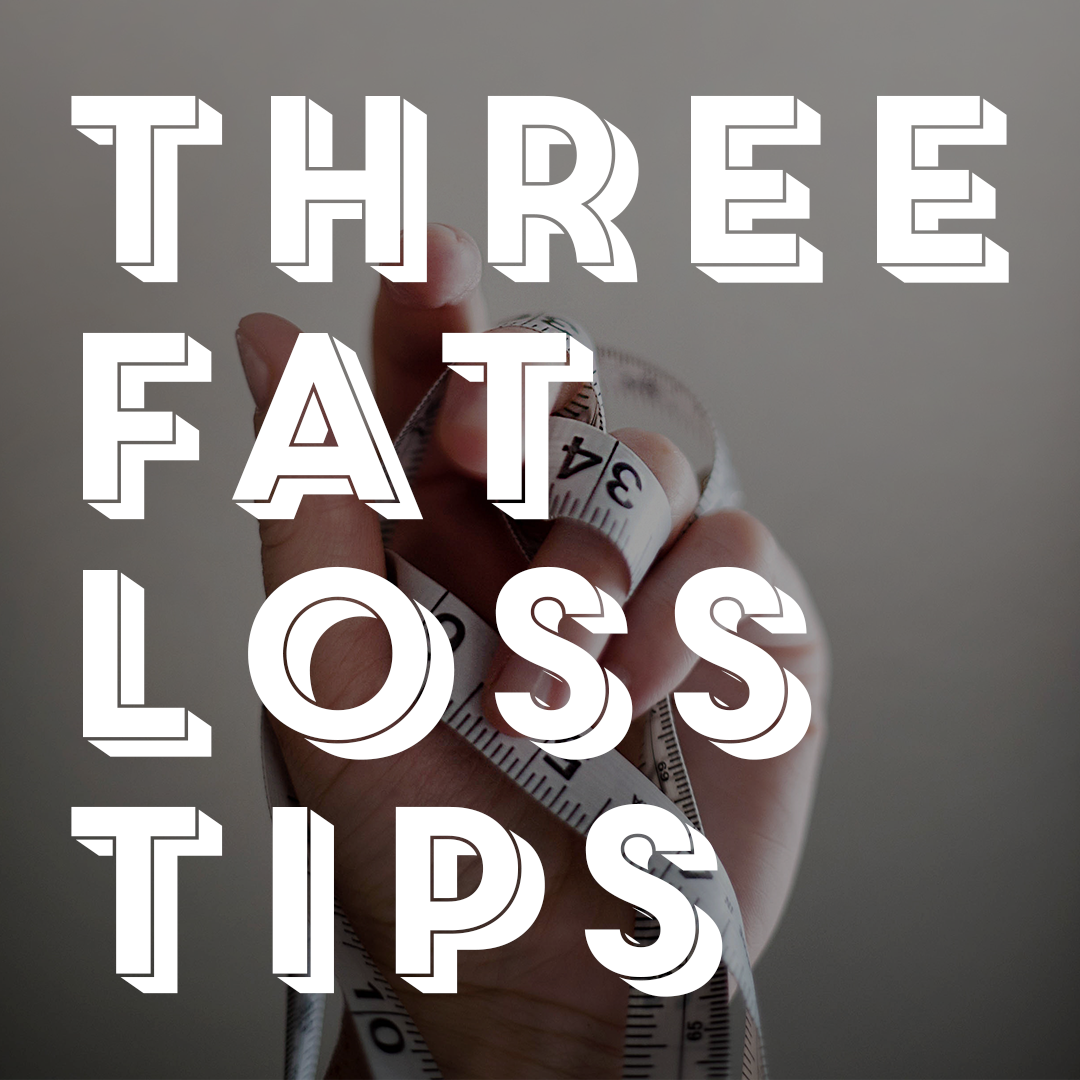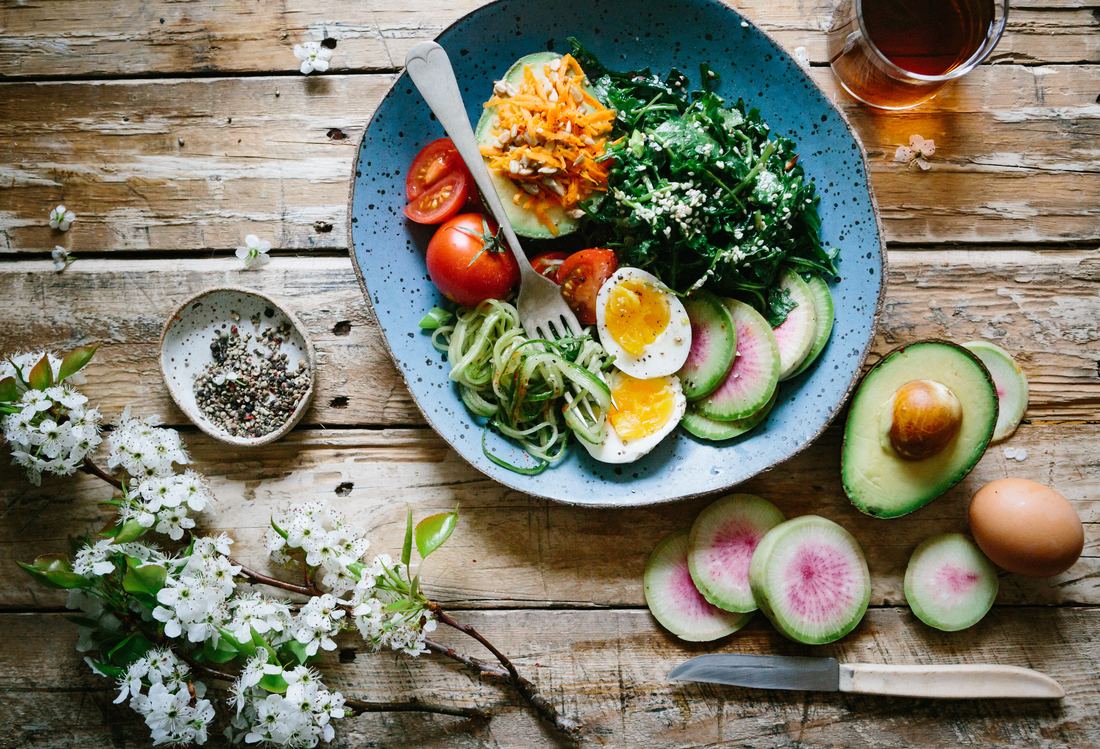|
When on the path to finding a healthier you, there is often a lot of focus on weight loss, but it's important to remember that not all weight loss is created equal. Your primary focus should be on reducing your fat - which doesn't necessarily equal a reduction on the scales. Muscle is denser than fat, so while your fat may be dropping, you could find you're not seeing any movement on the scales - so don't worry about losing weight, let's focus on losing fat.
Here are three tips to losing that fat. Tip 1: Keep a food diary. - It's amazing how little attention we pay to what we put in our bodies. By keeping a food diary, you'll increase your awareness of the food that you eat every day. Take note of everything, down to the smallest snack. Making yourself aware of what you're eating and being able to take stock of a week's worth of food can provide you with the perspective to make healthier choices. If you want even more control over what you're eating - try out an app that counts the calories from your foods too. Many of them enable you to enter a target weight and will present you with a daily kilojoule goal. Lifesum and My FitnessPal are popular options to try. Tip 2: Drink more water. - Have you ever gotten the feeling that you need to have a snack, but end up pouring yourself a glass of water first and feeling the craving fall away? You're not alone. Keeping yourself properly hydrated is a proven way to reduce cravings throughout the day as the signals the body sends to the brain to tell you you're thirsty can often be confused with 'I'm hungry'. Not only that, but it also assists with all sorts of body function - from cell repair to concentration. There's no downside here. Tip 3: Reduce starchy carbs. - Try to steer away from starchy carbs like bread, rice, potatoes and pasta where possible. They tend to provide your body with more energy than it needs in one hit, and anything that's left over gets converted into body fat to be saved for a rainy (or hungry) day. "You don't have to eliminate starchy carbs completely," days IFBB pro Mike Matarazzo. "But you should really cut back on them when trying to shed body fat".
181 Comments
Does the glycemic index value of a food really matter?
From a performance standpoint, yes. From a body composition standpoint, no. At the end of the day the caloric value of the food, the amount of energy it gives you, will be the same. So if both macronutrient and calorie values of the food are the same, it doesn’t matter if the food is Low GI or High GI when it comes to fat loss and weight gain. But where this can make a difference, is the rate at which it releases energy and how full it keeps you for how long. People who can’t resist the urge to eat when they are hungry are better off having a fair amount of Low GI foods as the energy is released slower. And when it comes to performance I believe a mix of low and high GI carbs in a meal about an hour and a half before training is ideal, that way you will have energy at the start of the workout from the quick absorbing carbs, and then throughout the workout the slower absorbing carbs will fuel you. A meal that I am quite regularly eating currently is yoghurt, banana, ground up Weetbix, banana & honey. I eat this about 1-2 hours before training and my sessions have been great lately. But in saying all that, everyone feels different on different types of food. Find out what works for you and then stick with that! Happy eating! Originally published by Darren Chandler here. |


